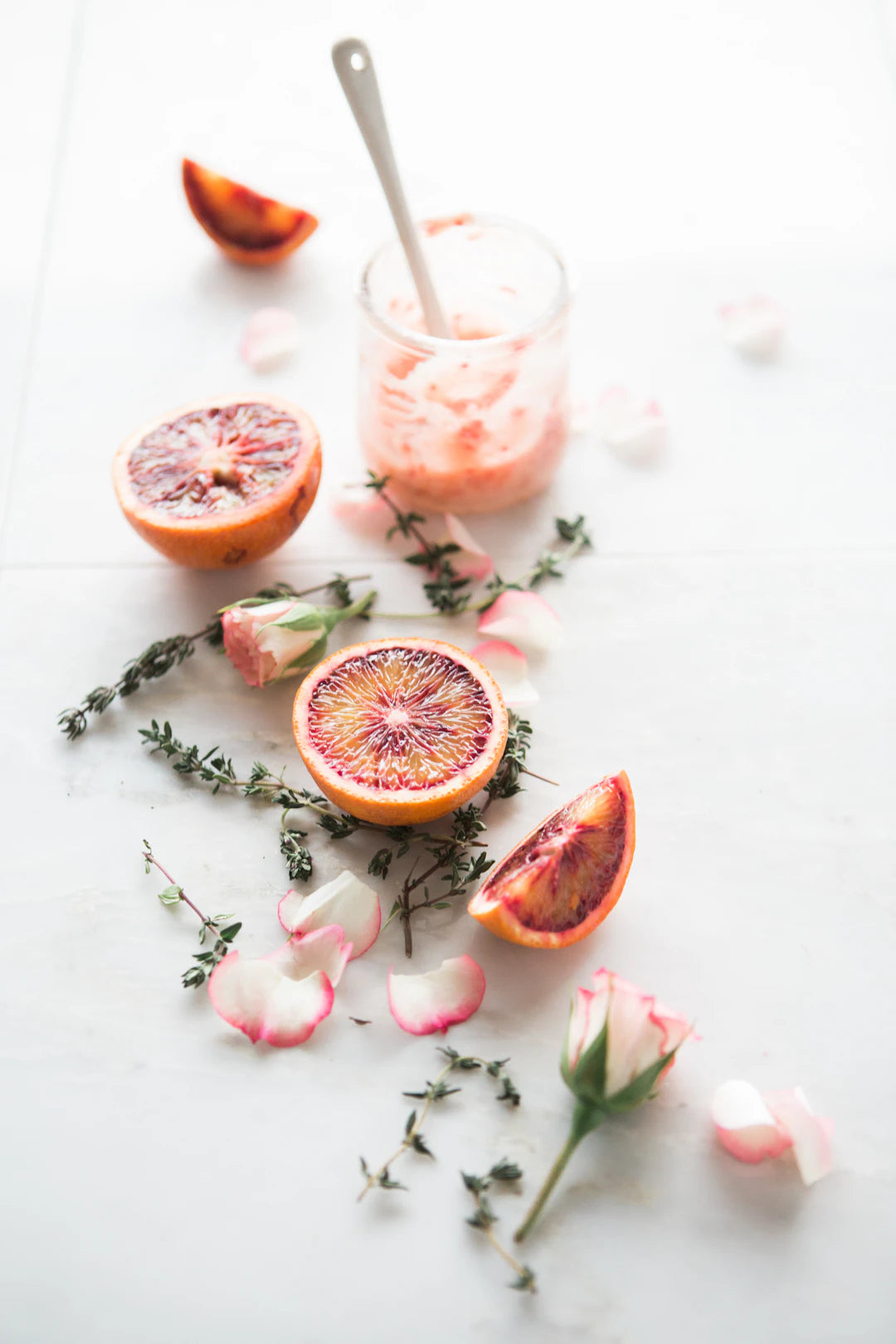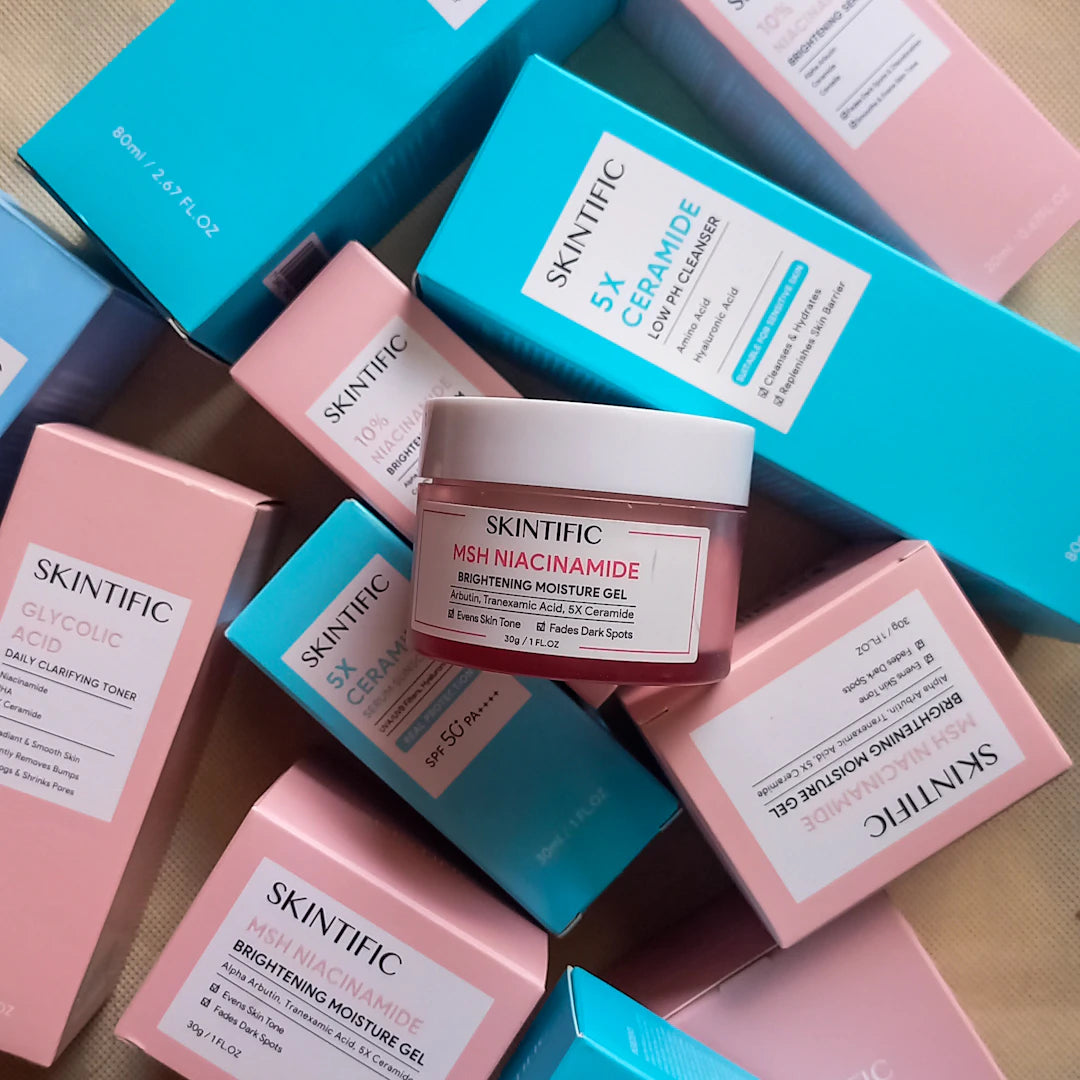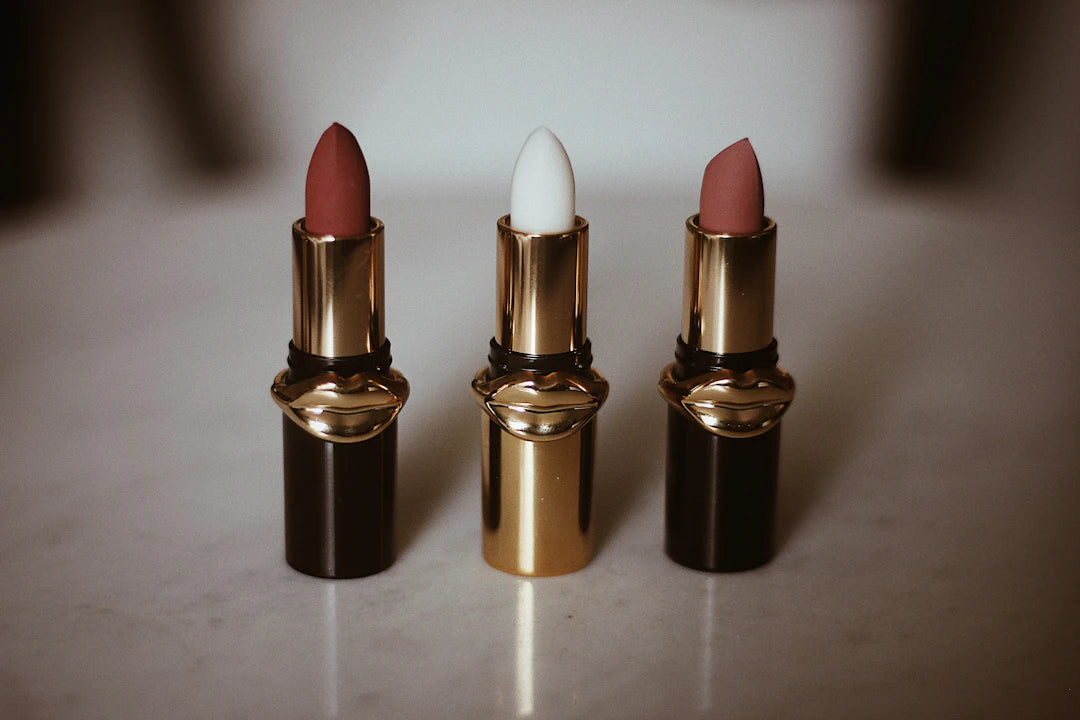Unlock Radiant Skin: The Profound Impact of Diet on Skin Health

When it comes to skin health, we often chase after the latest skincare products, treatments, and trends. However, one of the most powerful allies for maintaining healthy, glowing skin is right in our kitchens: our diet. What we eat plays a significant role in how our skin looks and feels, influencing everything from hydration levels to the visibility of fine lines. In this article, we’ll explore the intricate relationship between diet and skin health, and how making intentional choices can help you achieve the radiant complexion you desire.
The Skin-Diet Connection
Your skin is the largest organ in your body, and just like any other organ, it requires proper nutrition to function optimally. The foods you consume can have a direct impact on skin hydration, elasticity, and even the aging process. A well-balanced diet provides essential vitamins, minerals, and antioxidants necessary for skin repair and regeneration. Conversely, a poor diet can lead to a range of skin problems, including dryness, breakouts, and premature aging.
Hydration: The Foundation of Healthy Skin
One of the vital components of maintaining healthy skin is hydration. When your body is adequately hydrated, your skin reflects that internally, appearing plump and youthful. Water is essential for skin cell turnover, and it helps flush out toxins that can lead to blemishes and irritation.
In addition to drinking plenty of water, incorporating hydrating foods into your diet can make a notable difference. Foods like cucumbers, watermelon, and oranges have high water content and can help your body stay hydrated from the inside out. Including dietary sources of Sodium Hyaluronate moisturizer can also be beneficial, as this powerful compound helps retain moisture in the skin, providing added hydration and support in combating dryness.
Essential Nutrients for Resilient Skin
For optimal skin health, your diet should be rich in essential nutrients. Here are some key nutrients that can influence your skin’s appearance:
- Vitamin C: Known for its antioxidant properties, Vitamin C plays a crucial role in collagen production, which is necessary for maintaining skin structure. Citrus fruits, strawberries, and bell peppers are excellent sources of this vitamin.
- Vitamin E: Another powerful antioxidant, Vitamin E helps protect skin cells from oxidative damage. Nuts, seeds, and spinach are rich in this nutrient.
- Omega-3 Fatty Acids: These healthy fats help keep skin moisturized and can reduce inflammation. Foods such as fatty fish (like salmon and mackerel), walnuts, and flaxseeds are great additions to your diet.
- Biotin: A member of the B-vitamin family, biotin is crucial for skin health. It can be found in eggs, almonds, and avocados.
- Zinc: This mineral supports skin repair and regeneration. Foods like legumes, seeds, and whole grains are good sources of zinc.
Antioxidants: The Skin’s Best Defense
Antioxidants help combat free radicals that cause oxidative stress and can lead to skin aging. When you incorporate foods rich in antioxidants into your diet, such as berries, green tea, and dark chocolate, you're providing your skin with the tools it needs to maintain its youthful appearance. Not only do antioxidants help prevent damage, but they can also enhance the effectiveness of other skincare products, making them more potent in their ability to fight anti wrinkles.
Foods to Avoid for Better Skin Health
While certain foods can promote healthy skin, others can be detrimental. Let’s explore some dietary culprits that might be sabotaging your skincare efforts:
- Processed Sugars: Excessive sugar consumption can lead to a spike in insulin levels, which may trigger hormonal changes that manifest in various skin issues, such as acne and inflammation.
- High Glycemic Index Foods: Foods like white bread, pastries, and sugary cereals can cause blood sugar spikes, leading to skin inflammation and breakouts.
- Trans Fats: Present in many processed and fried foods, trans fats can worsen skin conditions and promote inflammation.
- Dairy Products: Some studies suggest that dairy consumption may be linked to acne flare-ups in some individuals, potentially due to hormones present in cows' milk.
- Excessive Alcohol: Alcohol can dehydrate your skin, making it appear dull and increasing the likelihood of fine lines and wrinkles.
The Power of a Balanced Diet
When it comes to your skin, balance is critical. A diet rich in fruits, vegetables, whole grains, healthy fats, and lean proteins can work wonders for your skin health. Here are some tips to master a skin-friendly diet:
- Plan Your Meals: Take the time to plan meals that incorporate a variety of nutrients. Remember to include plenty of colorful fruits and vegetables for maximum antioxidant benefits.
- Stay Hydrated: Aim to drink at least eight glasses of water a day, and incorporate hydrating foods into your diet.
- Limit Processed Foods: Focus on whole, unprocessed foods to avoid harmful additives and excess sugars.
- Listen to Your Body: Pay attention to how certain foods affect your skin. Keeping a food diary can help you identify potential triggers for skin issues.
Food Pairing for Maximum Benefits
Combining certain foods can enhance the absorption of nutrients and maximize their benefits for your skin. For instance, pairing vitamin C-rich foods with iron-rich foods, such as spinach with orange slices, can help boost iron absorption. Similarly, combining healthy fats with fruits or vegetables rich in antioxidants can help boost their effectiveness. For example, drizzling olive oil over a salad can enhance the absorption of fat-soluble vitamins.
Additional Lifestyle Factors to Consider
While diet plays a crucial role in skin health, it isn't the only factor. Other lifestyle elements can also significantly impact how your skin looks and feels:
- Sleep: Quality sleep allows your body to repair and regenerate. Aim for 7-9 hours of restful sleep each night to support your skin health.
- Sun Protection: UV radiation can lead to premature aging and skin damage. Always wear sunscreen when exposed to sunlight to protect your skin.
- Stress Management: High-stress levels can lead to skin issues like acne and eczema. Engage in stress-reducing activities such as yoga, meditation, or hobbies you enjoy.
- Skincare Routine: A consistent skincare regimen, including the use of a Sodium Hyaluronate moisturizer, can enhance your skin’s hydration and help prevent dryness.
Embrace Holistic Skincare
To unlock your skin’s true potential, it’s essential to embrace a holistic approach to skincare. By focusing on nourishing your body from the inside out, you can achieve healthy, glowing skin that reflects your overall well-being. Remember, the path to a radiant complexion doesn’t have to be complicated — it's often as simple as making thoughtful dietary choices.
Incorporate a variety of nutrient-dense foods into your meals, protect your skin from environmental damage, and prioritize self-care. As you embark on this journey towards enhanced skin health, remember the powerful impact that diet has on your skin. With time, patience, and dedication, you’ll be well on your way to achieving the radiant, youthful complexion you’ve always dreamed of!


